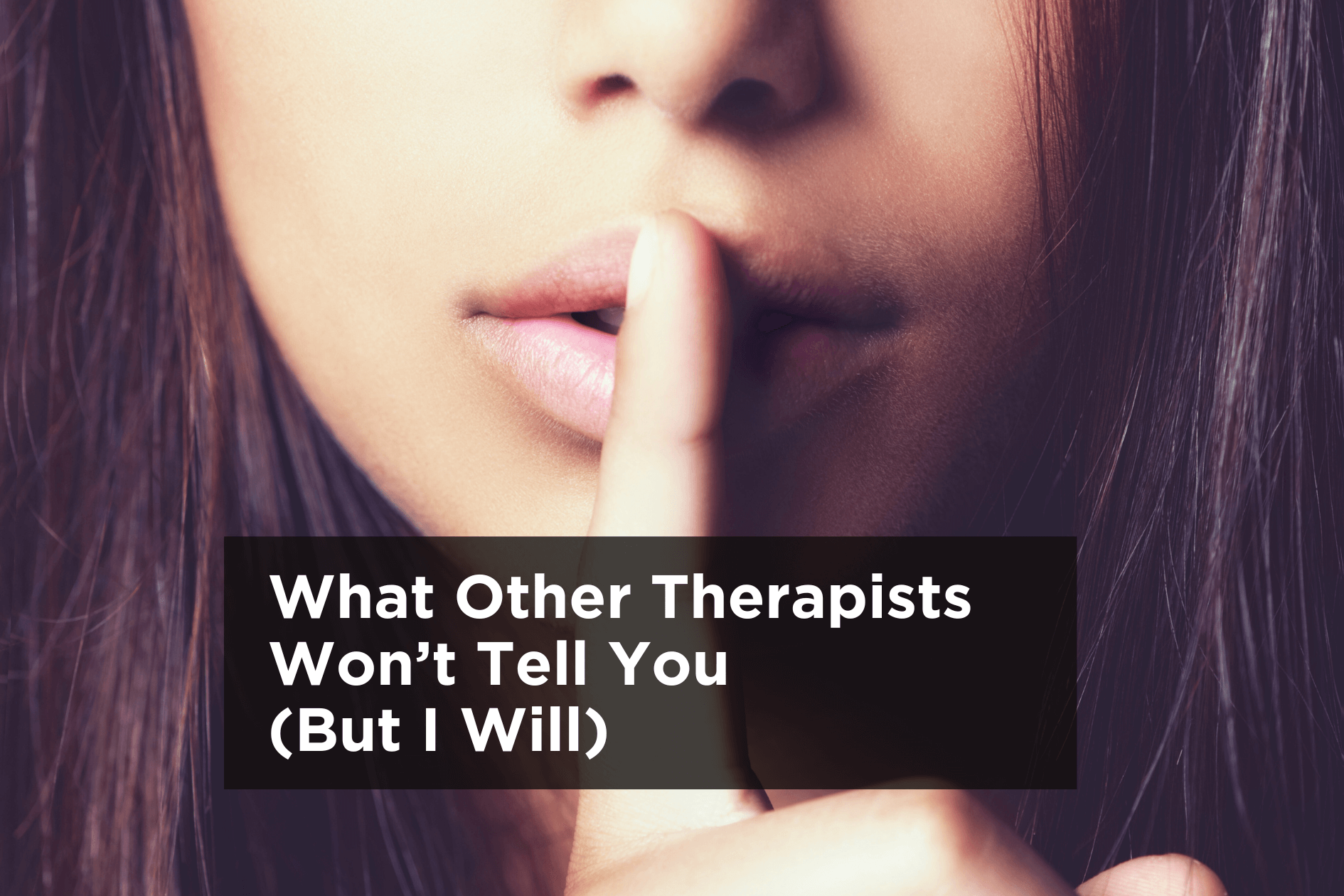Toxic Love: How to Spot It and Set Yourself Free
Written by Lisa Infante - Founder of Courage to Change Collective
Understanding What a Toxic Relationship Is
Ever felt like you're constantly walking on eggshells around someone, or that you're losing your sense of self in a relationship? That's a huge red flag. A toxic relationship can drain your energy, undermine your confidence, and make you question your worth. It's that kind of relationship where negativity, control, and manipulation take centre stage. Toxic love isn't just about explosive fights or overt abuse; it's also the subtle digs, the guilt trips, and the mind games that slowly chip away at your self-esteem.
Recognising the Signs of a Toxic Relationship
Spotting a toxic relationship isn't always straightforward, especially when you're in the thick of it. Here are some signs to look out for:
Constant Criticism and Blame
Does your partner frequently criticise you, belittle your achievements, or blame you for things that aren't your fault? Constant negativity and putting you down are classic signs of a toxic dynamic. They make you feel like nothing you do is ever good enough.
Emotional Manipulation and Control
A toxic partner might use guilt, fear, or manipulation to control you. This could be subtle, like making you feel guilty for spending time with friends, or more blatant, like threatening to leave if you don’t do what they want. The goal is to keep you off balance and dependent on them.
Lack of Support and Empathy
In a healthy relationship, partners support each other and empathise with one another’s struggles. If you feel unsupported or like your feelings and needs are being dismissed, that’s a major red flag. Toxic partners often turn things around to make it about them, leaving you feeling unheard and unimportant.
Walking on Eggshells
Do you feel like you have to carefully choose your words and actions to avoid upsetting your partner? This constant anxiety is a sign that something's off. In a healthy relationship, you should feel safe and comfortable expressing yourself.
Isolation from Friends and Family
Toxic partners might try to isolate you from your support network, making you feel like they’re the only person you can rely on. They might do this by criticising your friends and family, making you feel guilty for wanting to spend time with them, or even causing fights when you do.
Steps to Set Yourself Free
Acknowledge the Reality
The first step to freeing yourself from a toxic relationship is acknowledging the situation. It can be hard to accept, especially if you've invested a lot in the relationship or feel attached to your partner. But recognising that the relationship is harmful is crucial.
Seek Support
Don't try to go through this alone. Reach out to friends, family, or a therapist who can provide perspective and support. Sometimes, an outside perspective can help you see things more clearly. They can also offer the emotional support you need to make tough decisions.
Set Boundaries
Start setting boundaries with your partner. This might mean limiting contact, standing up for yourself, or being clear about what behaviours you won’t tolerate. Boundaries are about protecting your wellbeing and self-respect.
Plan Your Exit
Leaving a toxic relationship can be daunting, especially if you've been together for a long time or if you're worried about the consequences. Create a plan that includes where you'll go, how you'll manage financially, and who can help you. Your safety is of the utmost importance, so if you're in a dangerous situation, consider contacting a domestic abuse hotline like 1800RESPECT for advice and support before you take action.
Focus on Self-Care and Healing
Once you've left the toxic relationship, focus on healing and rebuilding your life. This can include therapy, self-care routines, and reconnecting with activities and people who bring you joy. Remember, it's okay to grieve the loss of the relationship and take time to heal.
Embracing Your Freedom and Future
Breaking free from a toxic relationship is a courageous step toward reclaiming your life. It's about recognising your worth, setting boundaries, and choosing to surround yourself with positivity and support. Remember, you're not alone in this journey, and it's okay to seek help. You deserve a relationship where you feel safe, valued, and loved for who you are. Keep moving forward and embrace the freedom and growth that comes with leaving toxic love behind.
Much love and be unapologetically you!
xx Lisa
FAQs
-
Look for signs like constant criticism, emotional manipulation, lack of support, and feeling like you have to walk on eggshells. If your relationship makes you feel unsafe or worse about yourself, it may be toxic.
-
It depends on both partners' willingness to change and work on the relationship. However, it's essential to prioritise your wellbeing. Sometimes, the best option is to walk away.
-
Leaving can be tough due to emotional attachment, fear of being alone, or even financial dependence. It's important to seek support and create a plan to help you leave safely.
-
Reach out to trusted friends, family, or a therapist. Isolation is a common tactic in toxic relationships, and having a support system is crucial.
-
Focus on self-care, seek help from a professional coach or therapist like me if needed, and surround yourself with supportive people. Take time to rediscover yourself and what makes you happy.




